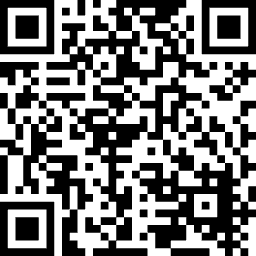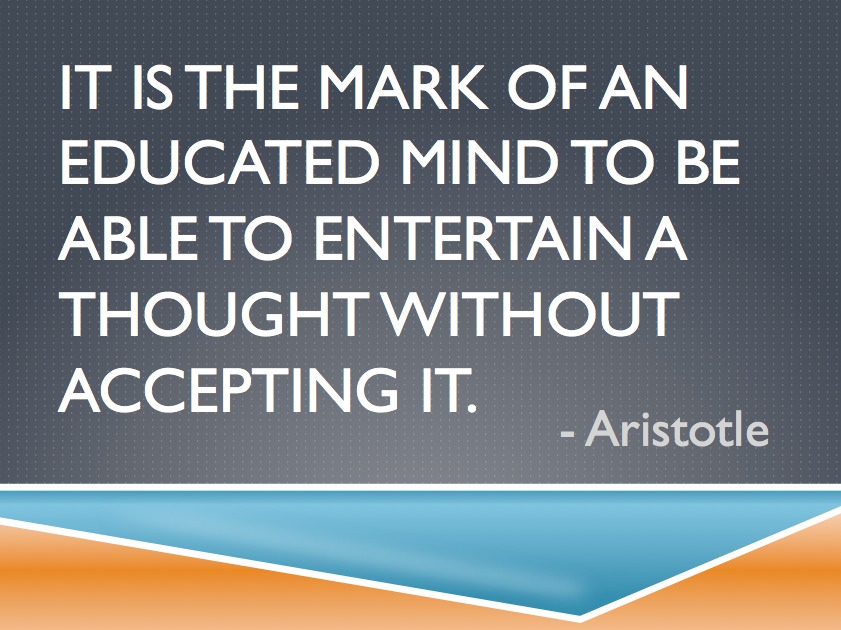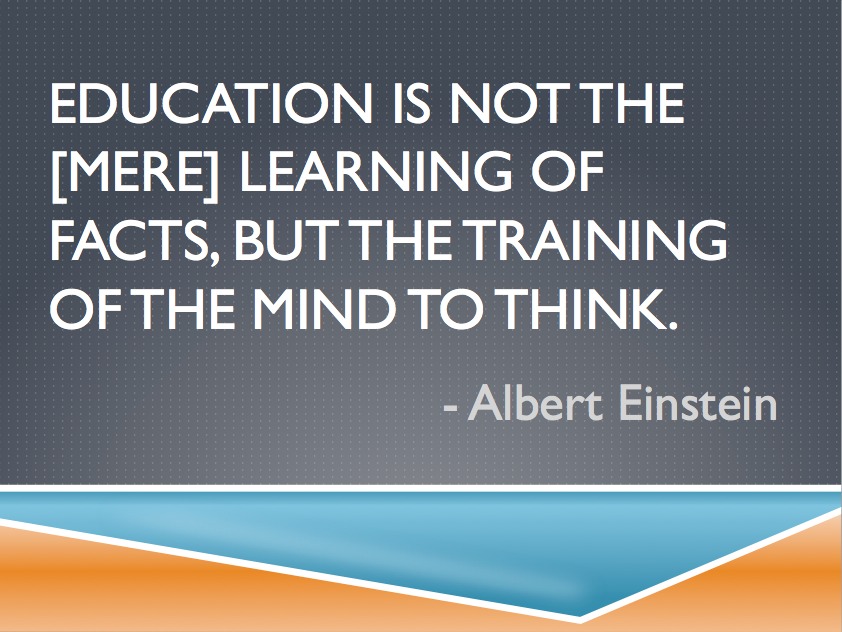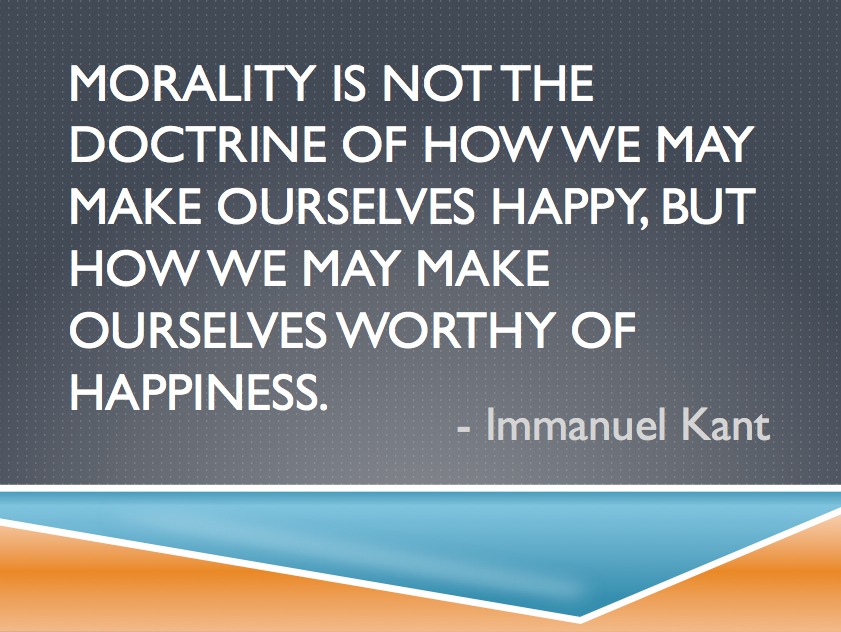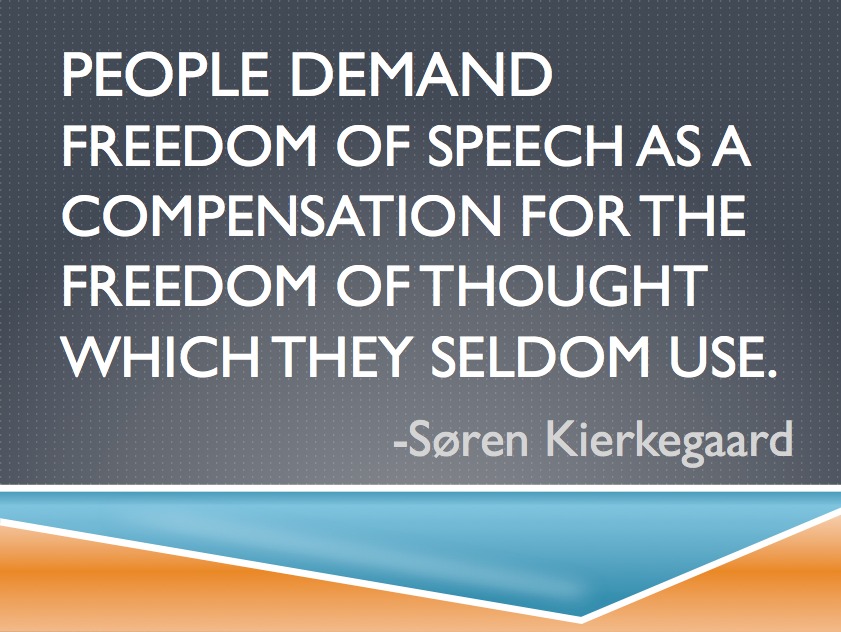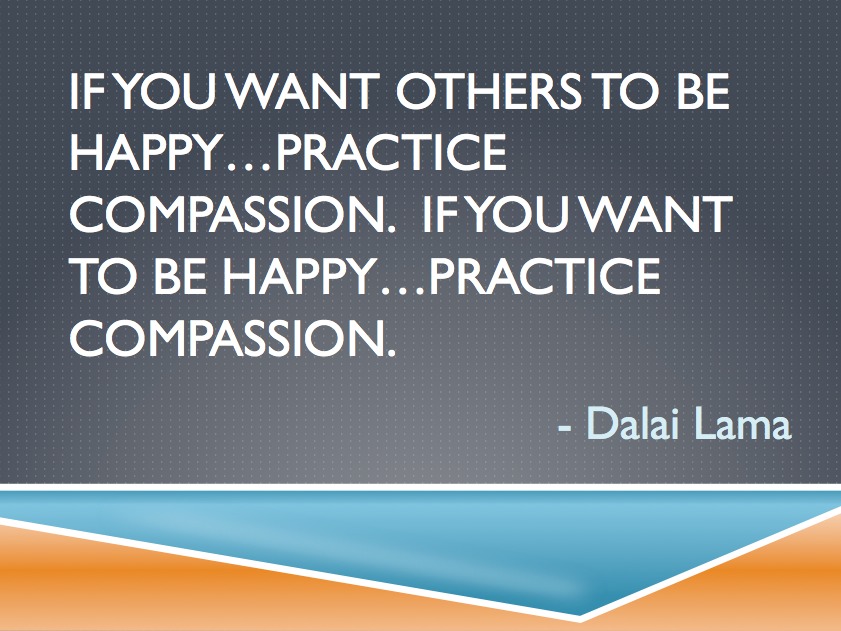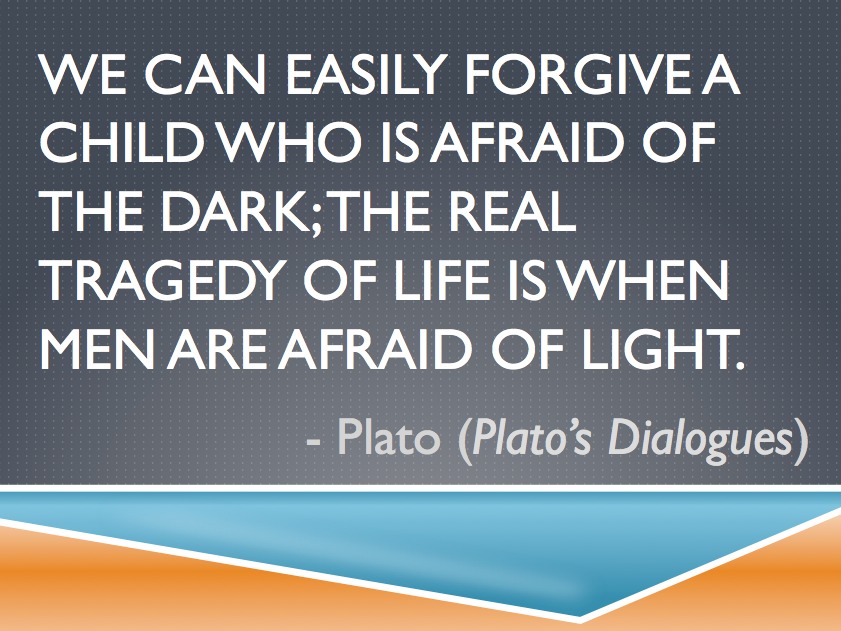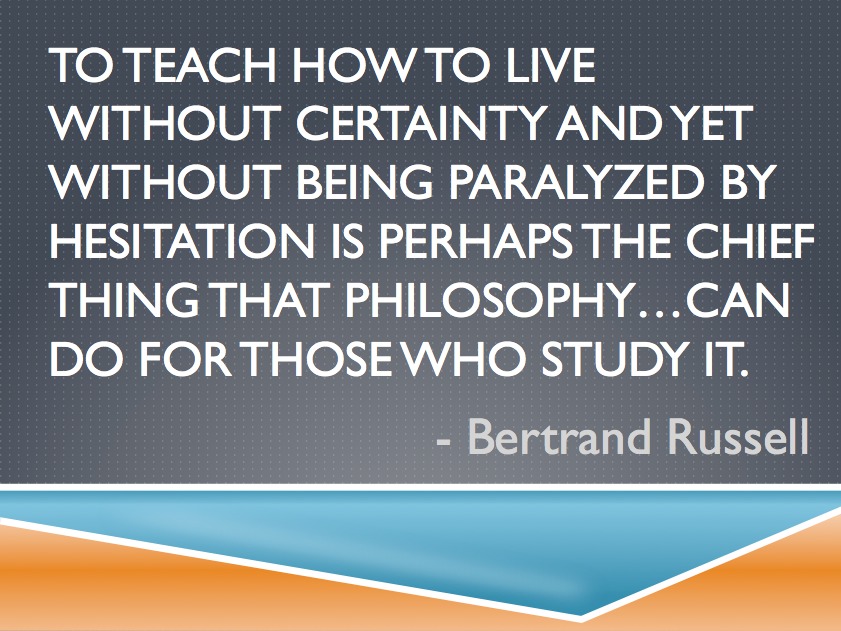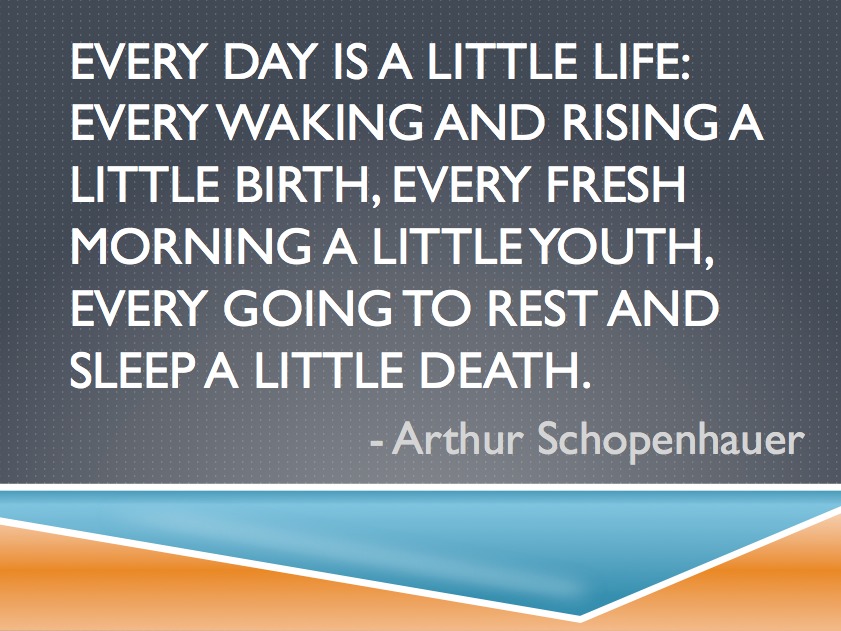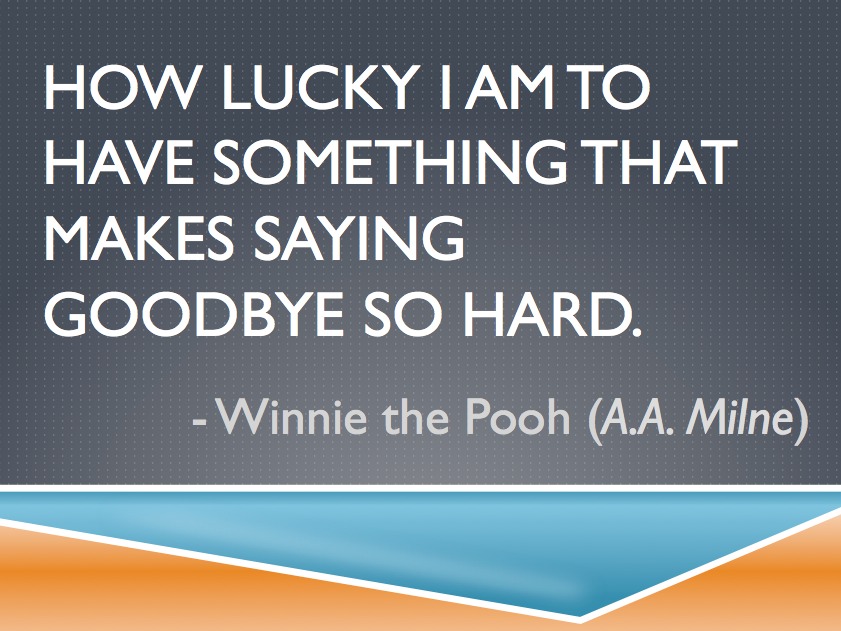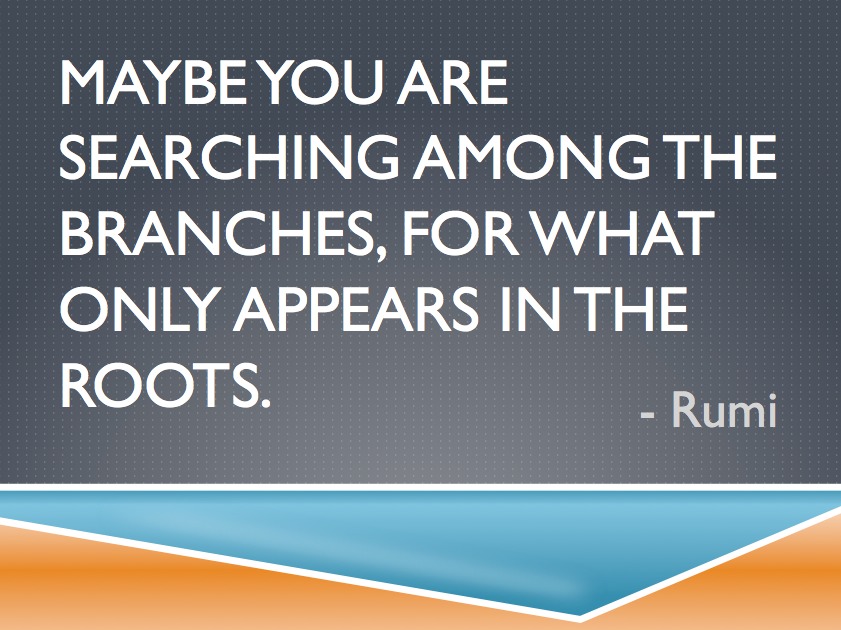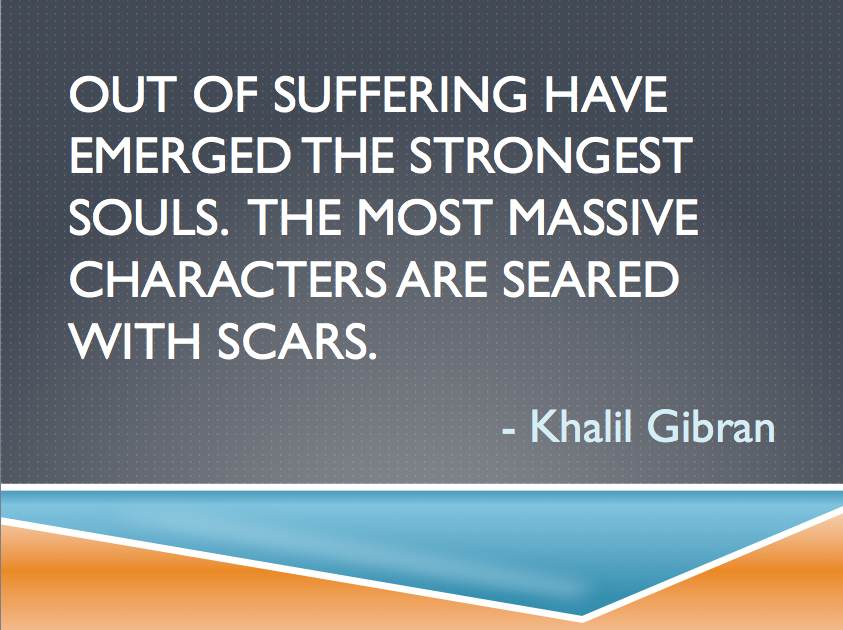 Copyediting and proofreading are important steps in the writing process, especially if the end goal is publishing (or having your voice heard in the broader spectrum). Typically, good academic copyeditors and proofreaders are well-educated (often with Masters or Doctoral degrees), possess a broad spectrum of knowledge (frequently with one or more areas of specialty in a field), & have themselves published in one capacity or another (as authors, co-authors, editors, etc.).
Copyediting and proofreading are important steps in the writing process, especially if the end goal is publishing (or having your voice heard in the broader spectrum). Typically, good academic copyeditors and proofreaders are well-educated (often with Masters or Doctoral degrees), possess a broad spectrum of knowledge (frequently with one or more areas of specialty in a field), & have themselves published in one capacity or another (as authors, co-authors, editors, etc.).
The services of a copyeditor and proofreader can be of benefit to anyone. In addition to serving as an extra set of eyes (we all have blindspots after all!), they can pave the way for more effective communication and increase your opportunity for success.
Your work is an investment. Good editing with the right editor can lead to success.
What We Offer
We specialize in academic editing & proofreading in the fields of philosophy and psychology. Our areas of emphasis include topics related to death & dying, quality of life, happiness & meaning, loss, change & grief, elder interests, and nature. We offer proofreading and technical, style, correlation, and substantive (or content) editing.
Service Details
Copyediting is correcting a manuscript from an author, while proofreading is correcting a print-ready document from a publisher. Generally speaking, proofreading can be thought of as light editing (correcting only basic errors). It is narrower in scope and typically less time-intensive and complex than copyediting. Copyediting can be thought of as heavy editing and can be divided into four copyediting types: technical, style, correlation, and substantive/content editing.
- Proofreading – Involves the detection & correction of basic (production) errors.
- Technical Copyediting – Involves correcting things such as typographical errors, misspellings, verb tense, punctuation, misused words, run-on sentences, figures that don’t add up correctly in charts & tables, omitted or duplicate words, comma splices, em-dashes and en-dashes, and more.
- Style Editing – Is concerned with standardizing a text according to a particular manual of style. This includes standardizing words in heads, titles in bibliographies, quotation mark styles, serial commas and dots, numbers, acronyms, italics, footnote/endnote numbers, reference style, etc. The two primary manuals of style with which we work are The Chicago Manual of Style (for most academic texts) and the Publication Manual of the American Psychological Association (for the social sciences).
- Correlation Editing – Involves crosschecking manuscript parts (i.e., checking related parts of a text against each other) . This includes checking cross-references to pages, maps, charts, tables, footnotes/endnotes, and captions. It also includes checking in-text citations against references and titles & authors against the table of contents. Due to the nature of most academic texts, correlation editing is a particularly important step.
- Substantive/Content Editing – Is concerned with improving the logic and clarity of a manuscript & addressing problems related to structure and organization. Tasks here include such things as replacing passive with active voice, altering words with unintended connotations, making note of awkward phrasing, fixing tone, correcting rhetorical inconsistencies, pointing out where an argument is absent or muddled, identifying citations that have no source, simplifying wordy sentences and titles, suggesting areas that might benefit from additional research or citation, clarifying ambiguous terms, adding transitions to improve flow, moving irrelevant (or less relevant) material to footnotes/endnotes or deleting entirely (as applicable), adding dashes or parenthesis for clarity, and more.
If you’re teacher, researcher, author, professional, small business, or academic institution in need of editorial support for your philosophical or psychology-based endeavors, we can assist you with your proofreading & editing needs.
What to Expect
Authors will receive two documents upon completion: (1) a document clearly indicating all changes made, and (2) a document with the changes embedded (save any comments/queries that require your attention). We will communicate with the publisher (as applicable) regarding specific formatting requirements & provide you with regular progress updates based on your schedule & specified needs. Learn more about our philosophical consulting approach and general strategy.
How to Prepare
Your time and budget are important. With this in mind, we generally recommend the following:
- Review your manuscript first (before hiring a copyeditor), paying special attention to the little things, i.e., things that you can easily fix without the aid of others ( spell-check your work, standardize your references). This way you can provide as clean of a copy as possible, which will (inevitably) result in money saved.
- If your project is book-length and/or consists of multiple chapters, consider having your copyeditor edit/proofread one chapter first & then send it to you so that you can review the changes. This way, if standard errors were made you can opt to correct these in the remaining chapters before sending your editor the rest of your work.
- Calculate the average cost of your project based on the type of service(s) you want performed & our editorial rates so that you know ahead of time what you can anticipate.
Review our academic editorial rates (including an overview of how to estimate your specific project cost). If you have a project that is estimated to exceed fifteen hours & feel you might qualify for financial hardship, please inquire about our sliding scale rates and request an eligibility intake form.





